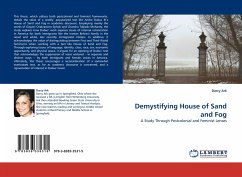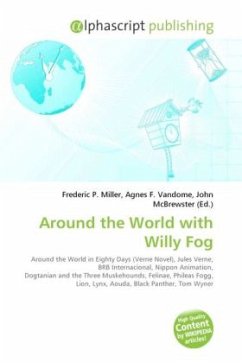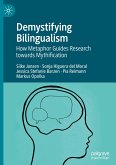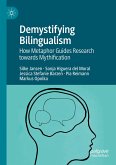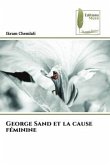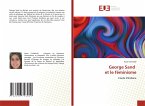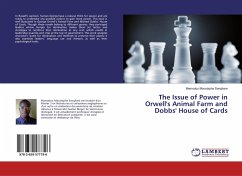This thesis, which utilizes both postcolonial and feminist frameworks, details the value of a widely- popularized text like Andre Dubus III s House of Sand and Fog in academic discourse. Employing mainly the works of Gayatri Chakravorty Spivak and Chandra Talpade Mohanty, the study explains how Dubus work exposes issues of internal colonization in America for both immigrants like the Iranian Behrani family in the novel and white, less recently immigrated citizens. In addition, it acknowledges the value of distinguishing between First and Third World feminisms when working with a text like House of Sand and Fog. Through exploring issues of language, identity, class, race, sex, economic opportunity, and physical space, it argues for an opening of Dubus text that acknowledges the suppression of voice endured in separate and distinct ways by both immigrant and female voices in America. Ultimately, this thesis encourages a reconsideration of a somewhat overlooked text, as far as academic discourse is concerned, and a rejuvenation of interest in Dubus' novel.
Bitte wählen Sie Ihr Anliegen aus.
Rechnungen
Retourenschein anfordern
Bestellstatus
Storno

